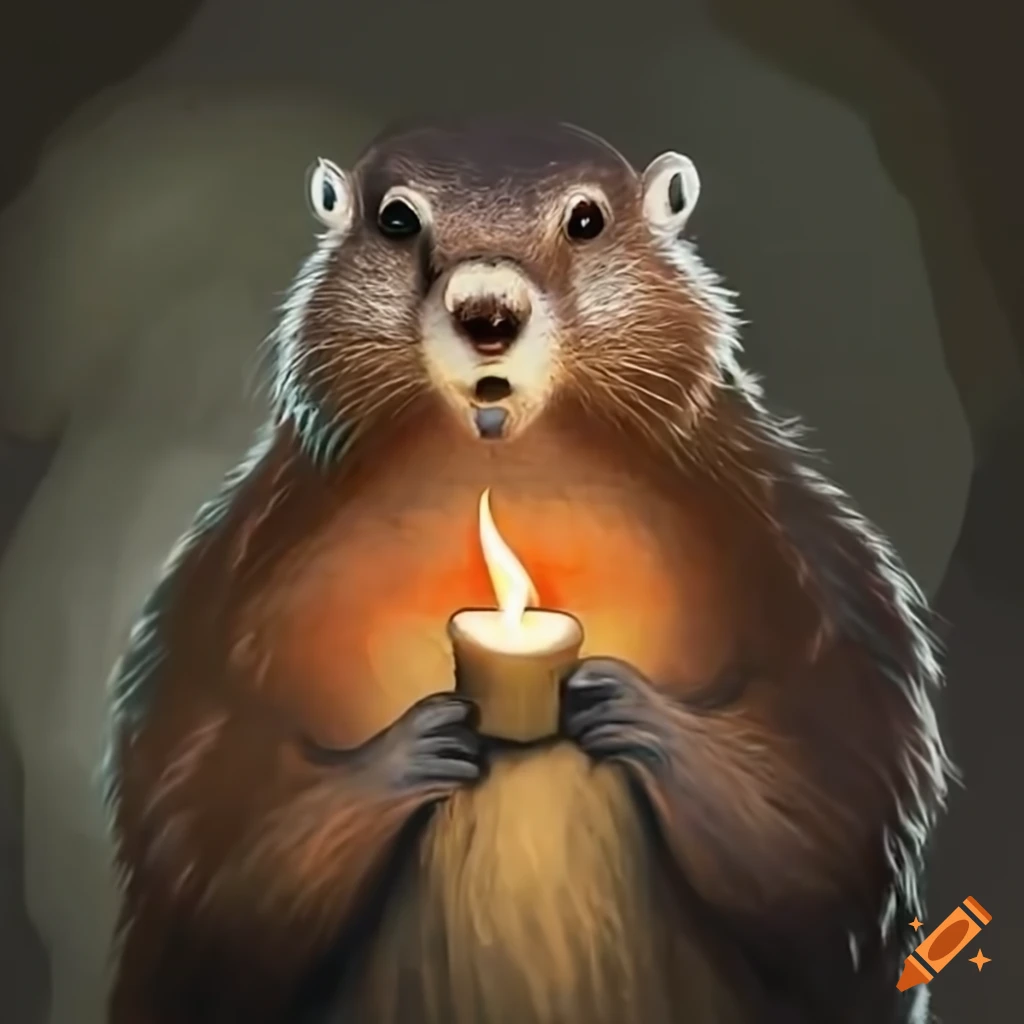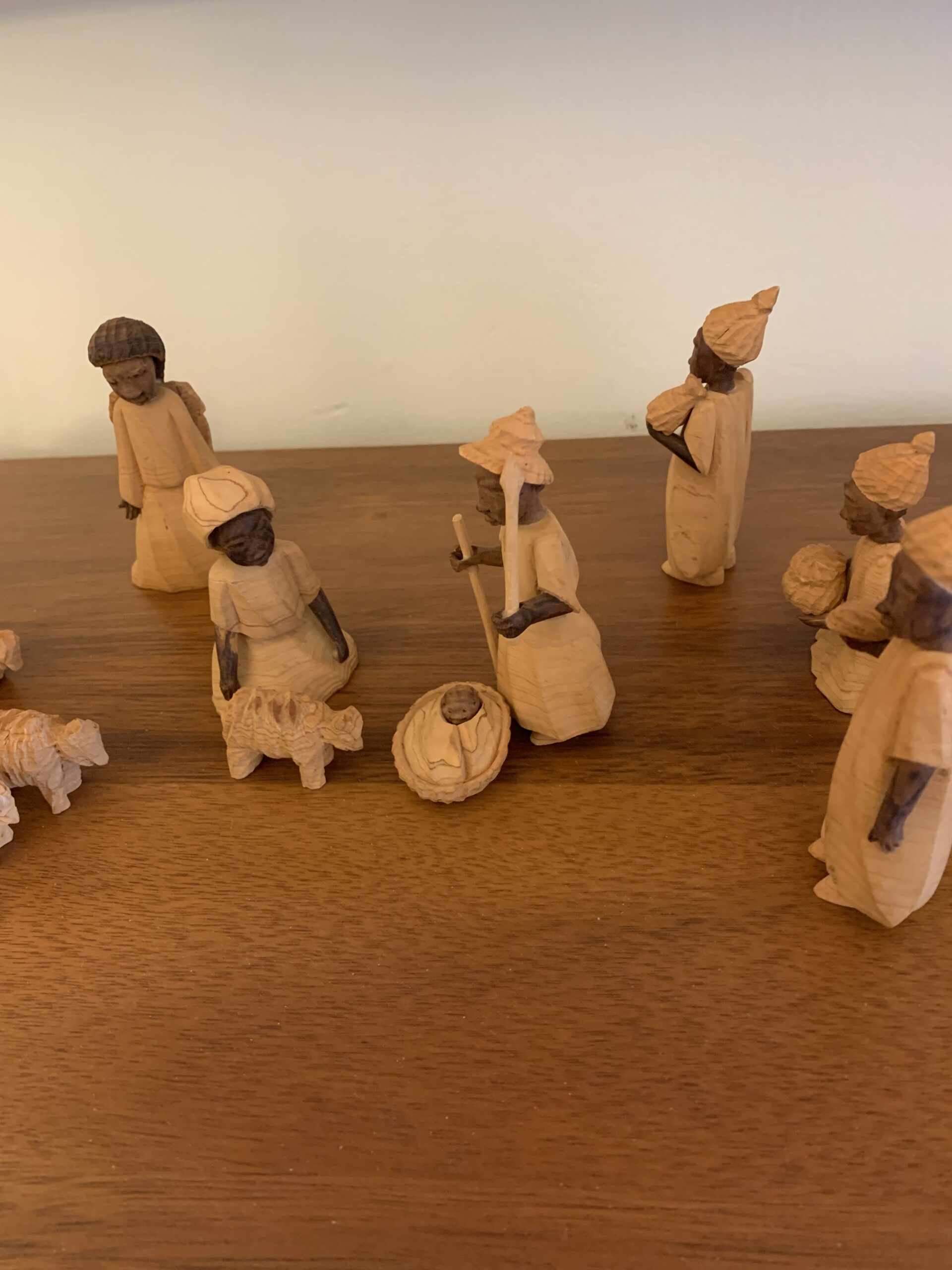Measured by the number of times I have seen and referred to it, Groundhog Day is my favorite movie. I can’t help thinking about it on February 2nd. (Spoilers ahead).
Bill Murray plays Pittsburgh weatherman Phil Connors. He and his producer, played by Andie McDowell, and his cameraman, played by Chris Elliott, check into an inn in Punxsutawney, PA, on February 1 because the following day they have to report the annual ceremony in which a groundhog (also named Phil) will see his shadow at sunrise and predict six more weeks of winter — not a stretch because February 2nd is smack-dab between the winter solstice and the spring equinox.
Phil gives a lackluster description of the meaningless event and is eager to return to Pittsburgh. However, a blizzard forces him and his crew to stay an extra night. The following day, he is awakened by Sonny and Cher singing, “I’ve got you, Babe!” — the same song that woke him up the day before, and the announcer says that it is February 2nd. Phil lives Groundhog Day over and over again, and then again, and again.
I’m reminded of the movie, not just because today is February 2nd, but because, like Phil, I keep repeating something over and over again.
I am trying to write a book about the Beatitudes of Jesus — nine sayings that each begin with the word “Blessed.”
Blessed are the poor in spirit.
Blessed are those who mourn.
Blessed are the meek.
These first three, especially, make no sense. What is blessed about poverty, spiritual or otherwise?
Mourning isn’t exactly “happy” (another possible translation of the word “Blessed.”)
And who wants to be meek?
So, I sit down every morning and write a few hundred words. The next day, I write a few hundred more without making any discernible progress toward writing a book.
I’m taking today off to think about Bill Murray’s Phil and what happens to him in the movie.
When the movie begins, Phil is an unlikable, arrogant bastard. He dislikes and looks down on his producer, cameraman, and all the people in Punxsutawney.
What makes repeating Groundhog Day hell for him is that he is stuck in this hick town with these dumb people, repeatedly reporting on a meaningless event.
However, over time, Phil begins to see how spiritually impoverished his life is. He has no friends. He loves no one. No one loves him. He isn’t doing anything that matters to him. This depresses him. Slowly, he starts to make some changes in his daily routine. For example, he takes a piano lesson every afternoon from a teacher who thinks he is her new student each time he comes to her door. The daily routine doesn’t change, but Phil learns to play the piano.
By the end, Phil begins to appreciate Larry, the cameraman and falls in love with his producer. He starts living a meaningful life, not by spending hours meditating or studying any religion’s scriptures, but by simply facing the fact that his life isn’t worth living and meekly (the word in the Greek New Testament means “teachable”) learning how to live a better life step-by-step.
The working title for my book about the Beatitudes is A Life Worth Living Forever.
I think that is what the gospels mean by the phrase “eternal life.”
Jesus transitions from the Beatitudes to the rest of the Sermon on the Mount by declaring, “You are the light of the world. You are the salt of the earth.” He says keeping the light under a bushel basket or for salt to lose its flavor isn’t right.
In the movie, Phil eventually gets out of his own way. He creates a community of friends that resembles the Kingdom of Heaven on a small scale. He accepts and makes amends for how he has treated his co-workers and television audience. He eventually becomes the richest man in town, measured by how much he is loved. His light shines.
I can’t seem to explain the Beatitudes, but I can point to Bill Murray’s Phil and say, “That’s what they look like.”
Like Phil, we all have a light inside of us, and Life will teach us how to let it shine if we will let it.
And thank you, friends, for reading this. I’m trying to learn to write like Phil learned to play the piano.








